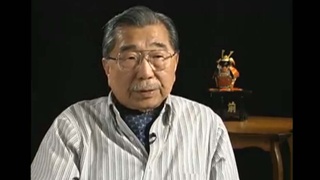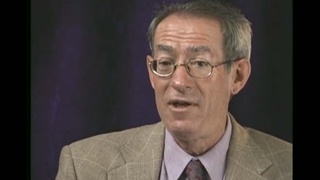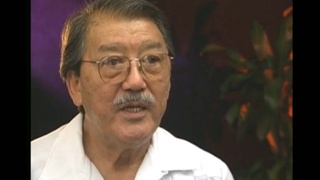Interviews
Responding to the U.S. government
The most meaningful event was December 7, 1941. Cause that was, I would say the turning point in the lives of most Nisei because it was the time when we found ourselves threatened as unwanted people. We found our country against us officially by Executive Order 9066, by the Selective Service System 4C designation and many others. And for some of us we took it as a personal insult.
Now we were not vocal type of people, our generation was a quiet generation; it was unheard of for us to go on a picket line for example, and whatever concerns we express would have been expressed among a small group of us, that “this is not fair”, “something should be done”, and for example the petition drive to petition the government of the United States to let us volunteer was not done in the traditional way where you had big announcements, big advertisement, it was just word of mouth, one to one, and before you know it, there were over a thousand signatures.
Date: May 31, 2001
Location: California, US
Contributed by: Watase Media Arts Center, Japanese American National Museum










